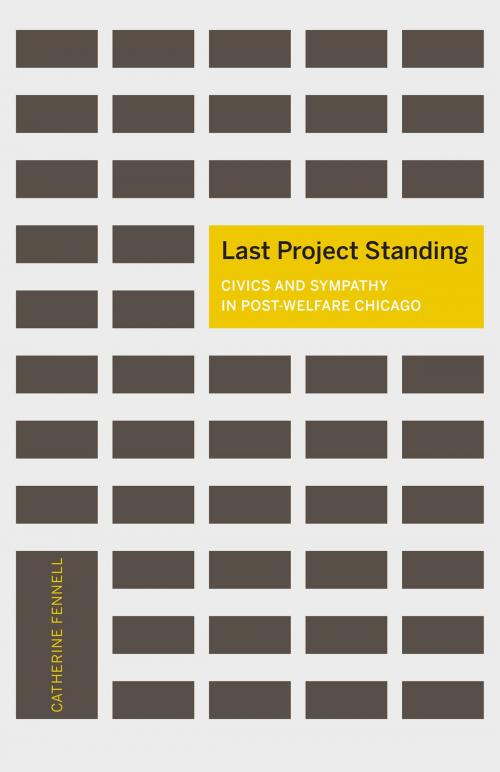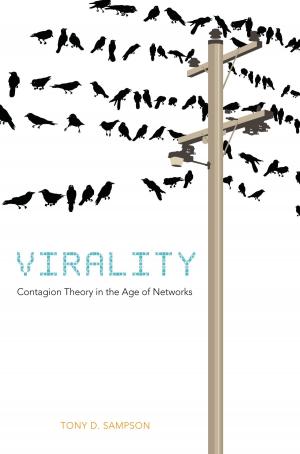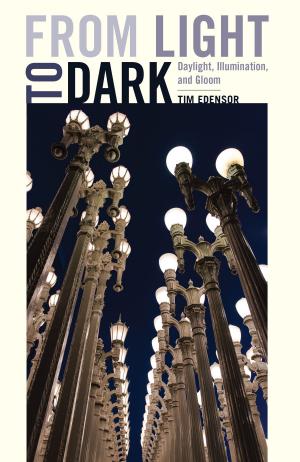Last Project Standing
Civics and Sympathy in Post-Welfare Chicago
Nonfiction, Social & Cultural Studies, Social Science, Sociology, Urban, Discrimination & Race Relations, Anthropology| Author: | Catherine Fennell | ISBN: | 9781452949727 |
| Publisher: | University of Minnesota Press | Publication: | November 28, 2015 |
| Imprint: | Univ Of Minnesota Press | Language: | English |
| Author: | Catherine Fennell |
| ISBN: | 9781452949727 |
| Publisher: | University of Minnesota Press |
| Publication: | November 28, 2015 |
| Imprint: | Univ Of Minnesota Press |
| Language: | English |
In 1995 a half-vacant public housing project on Chicago’s Near West Side fell to the wrecking ball. The demolition and reconstruction of the Henry Horner housing complex ushered in the most ambitious urban housing experiment of its kind: smaller, mixed-income, and partially privatized developments that, the thinking went, would mitigate the insecurity, isolation, and underemployment that plagued Chicago's infamously troubled public housing projects.
Focusing on Horner’s redevelopment, Catherine Fennell asks how Chicago’s endeavor transformed everyday built environments into laboratories for teaching urbanites about the rights and obligations of belonging to a city and a nation that seemed incapable of taking care of its most destitute citizens. Drawing on more than three years of ethnographic and archival research, she shows how collisions with everything from haywire heating systems and decaying buildings to silent neighbors became an education in the possibilities, but also the limits, of collective care, concern, and protection in the aftermath of welfare failure.
As she documents how the materiality of both the unsuccessful older projects and the recently emerging housing fosters feelings of belonging and loss, her work engages larger debates in critical anthropology and poverty studies—and opens a vital new perspective on the politics of space, race, and development in urban America
In 1995 a half-vacant public housing project on Chicago’s Near West Side fell to the wrecking ball. The demolition and reconstruction of the Henry Horner housing complex ushered in the most ambitious urban housing experiment of its kind: smaller, mixed-income, and partially privatized developments that, the thinking went, would mitigate the insecurity, isolation, and underemployment that plagued Chicago's infamously troubled public housing projects.
Focusing on Horner’s redevelopment, Catherine Fennell asks how Chicago’s endeavor transformed everyday built environments into laboratories for teaching urbanites about the rights and obligations of belonging to a city and a nation that seemed incapable of taking care of its most destitute citizens. Drawing on more than three years of ethnographic and archival research, she shows how collisions with everything from haywire heating systems and decaying buildings to silent neighbors became an education in the possibilities, but also the limits, of collective care, concern, and protection in the aftermath of welfare failure.
As she documents how the materiality of both the unsuccessful older projects and the recently emerging housing fosters feelings of belonging and loss, her work engages larger debates in critical anthropology and poverty studies—and opens a vital new perspective on the politics of space, race, and development in urban America















